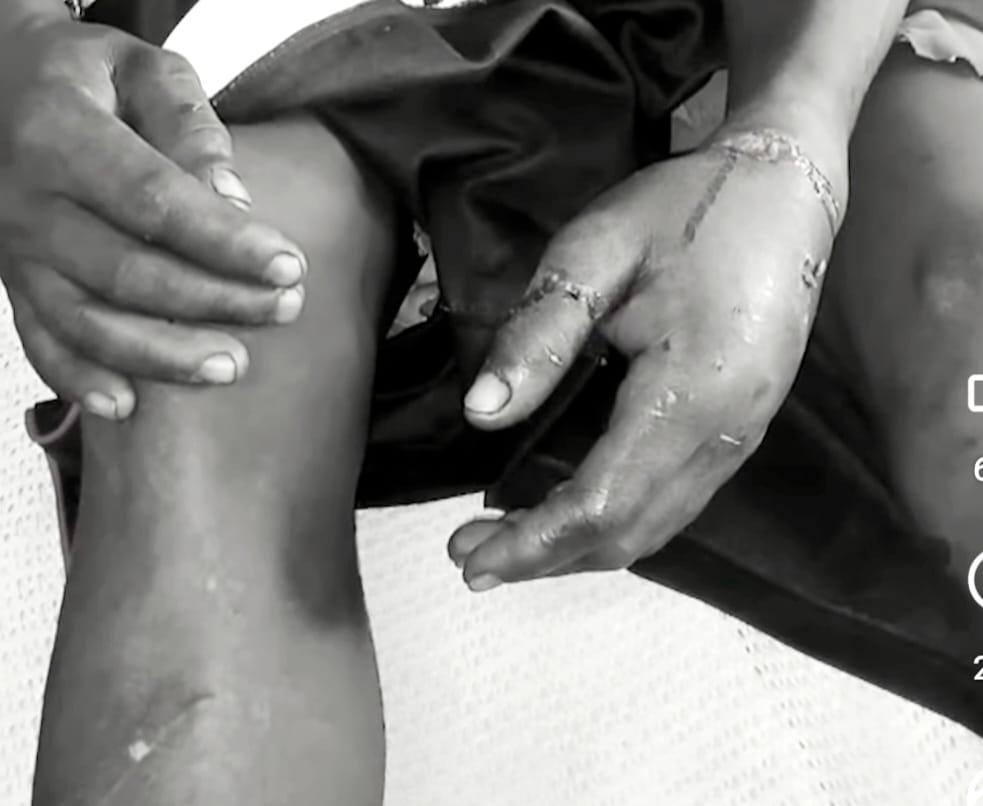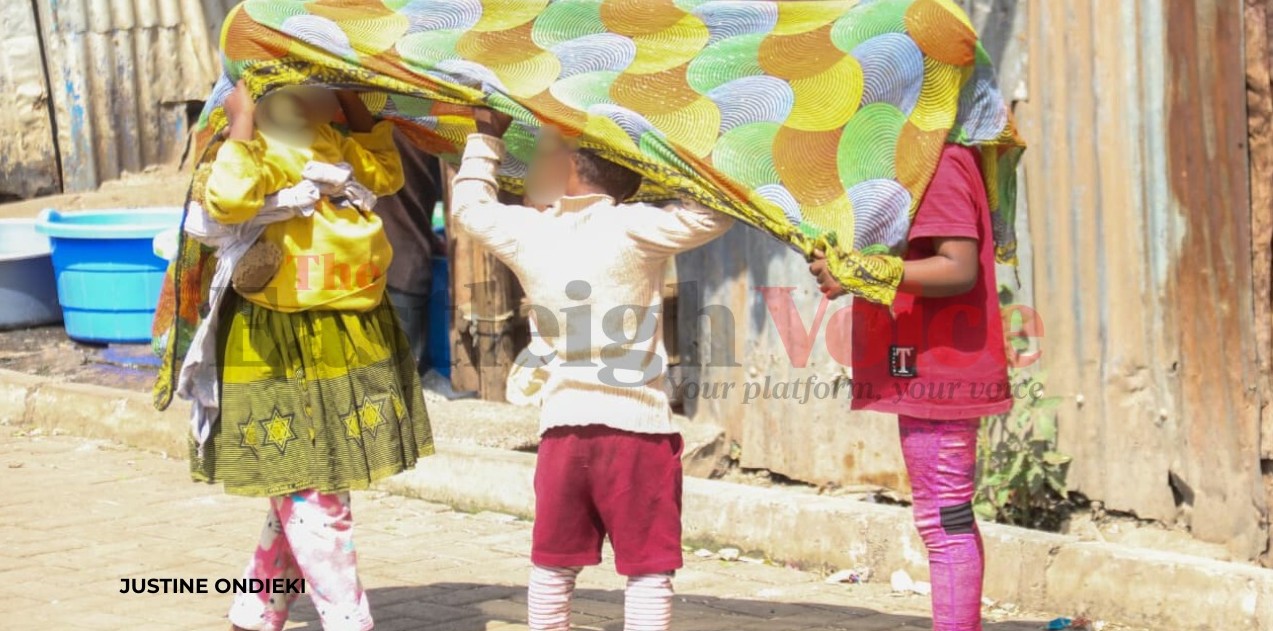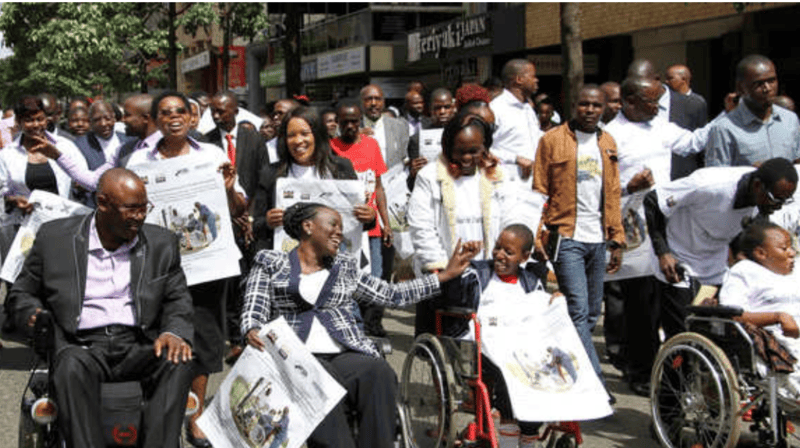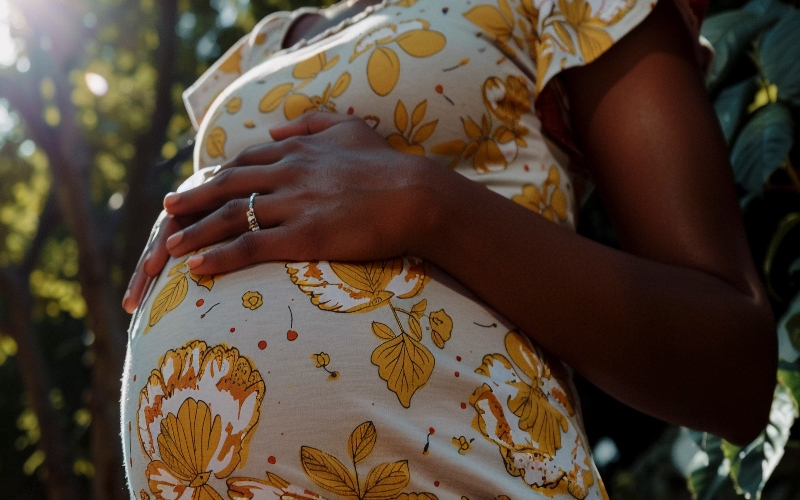Explainer: Inside KWS compensation plan as lion attacks Isiolo couple

They have since sought compensation from Kenya Wildlife Services.
A married couple in Isiolo County narrowly escaped death after they were attacked by a lion on Tuesday.
The couple was collecting firewood in Elsa Ntirim village, Burat, near Isiolo Forest when the lion attacked them. It first attacked the wife, who managed escape.
More To Read
- Counties intensify pressure on national government over park revenue-sharing model
- Isiolo courts investors as county pushes public–private partnerships in economic transformation drive
- Lewa, KWS launch vulture tracking project to boost raptor conservation
- Conservationists demand probe into relocation of orphaned giraffes from Wajir to Nanyuki
- Wajir South MP condemns relocation of orphaned giraffes to Nanyuki
- KWS moves reticulated Somali giraffes from Wajir to Nanyuki in major conservation effort
The lion then charged at the husband who used a machete to fight it off.
Michael Apayu later described how the incident that has left him nursing injuries. "It pushed me to the ground but I was able to fight it off, saving both our lives," he recalled.
The couple sustained severe injuries to their arms and legs. They were transported to Isiolo Referral Hospital for treatment.
They have since sought compensation from Kenya Wildlife Services.
Multiple cases of human-wildlife conflict have been reported in Isiolo in the recent past. Isiolo is home to two major game reserves and three community conservancies.
Apayu urged the government to address the ongoing human-wildlife conflict in the area to prevent similar attacks.
Compensation process
If you've suffered injuries or property damage due to wildlife-related incidents in Kenya, you may be eligible for compensation from KWS.
Kenya's Wildlife Conservation and Management Act (2013) provides for the conservation, management, and sustainable use of wildlife resources. It also outlines procedures for compensation for damage caused by wildlife.
KWS Compensation Policy, based on the Act, provides guidelines for compensating individuals who have suffered injuries or property damage due to wildlife-related incidents.
Key aspects of the policy include:
Eligibility: Compensation is available to Kenyan citizens or residents who have suffered losses due to wildlife damage to property or personal injury.
Types of compensation: Covered losses include crops, livestock, property, and personal injury/death.
Application process: Claims must be submitted in writing to KWS within 90 days of the incident, with supporting evidence and documentation.
Assessment: KWS conducts investigations and assessments to determine the validity and value of claims.
Payment: Compensation amounts are determined based on the severity of damage or injury and in accordance with the Act and policy.
Appeals: Claimants can appeal decisions to the KWS Board or courts if necessary.
The policy aims to strike a balance between wildlife conservation and human-wildlife conflict mitigation, ensuring fair compensation for affected individuals while promoting sustainable coexistence with wildlife.
To initiate the process, submit a written claim to KWS within 90 days of the incident, providing detailed information about the incident, losses incurred, and supporting evidence.
KWS will then review your claim and conduct an investigation. If your claim is approved, you'll receive compensation based on the severity of the injury or damage and the applicable laws and policies.
Top Stories Today















































